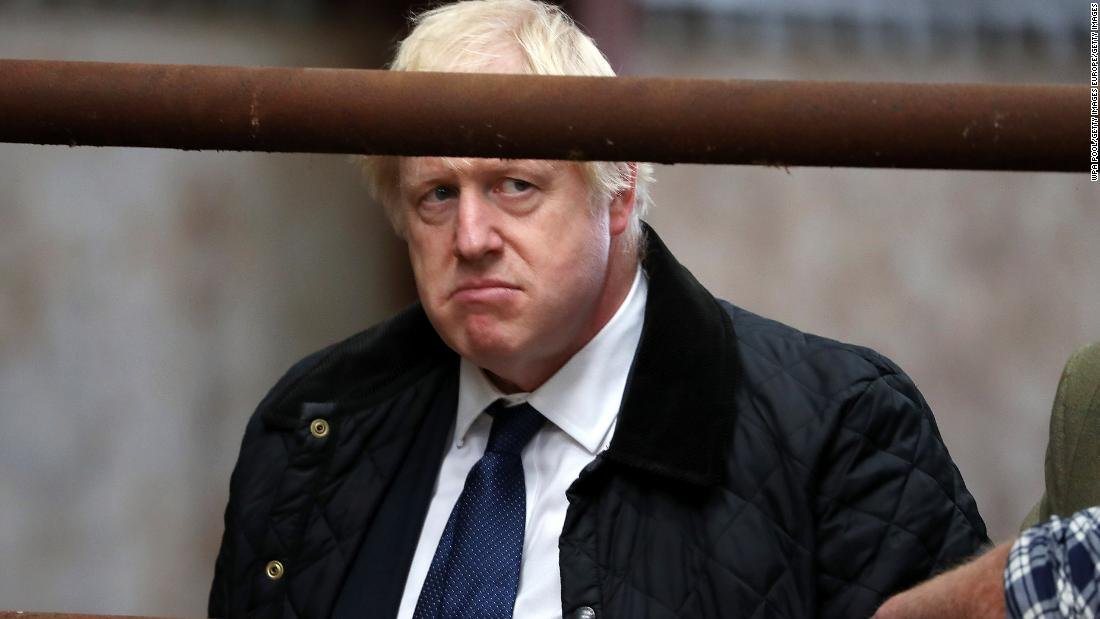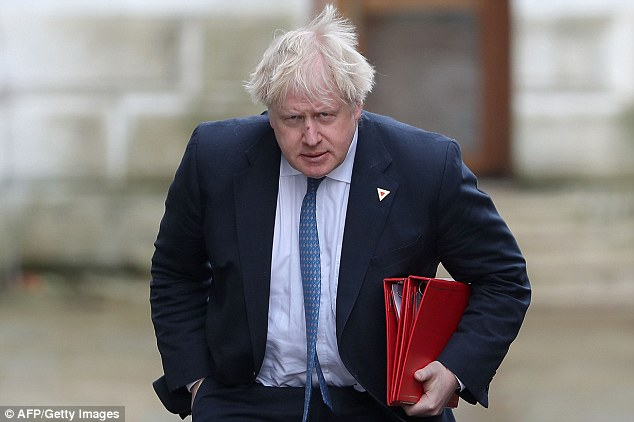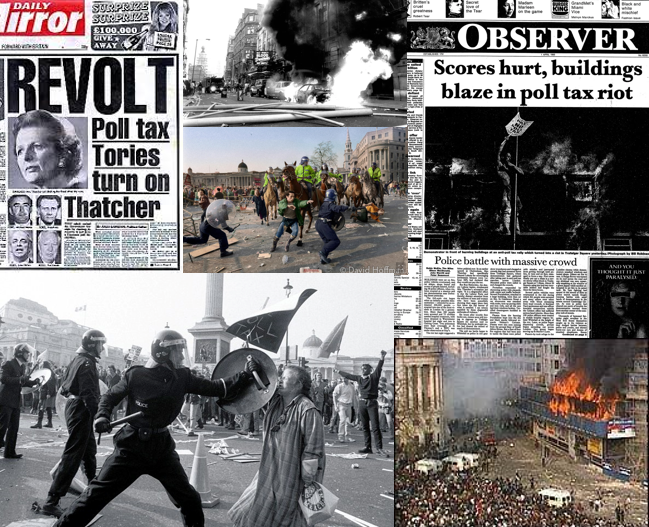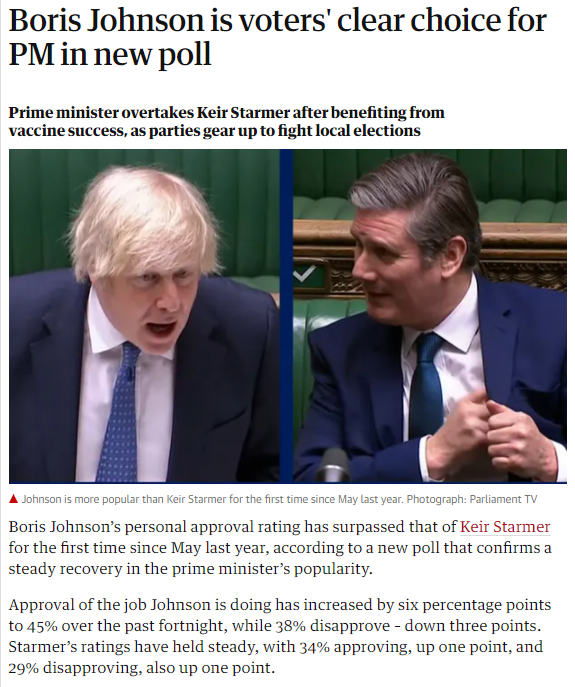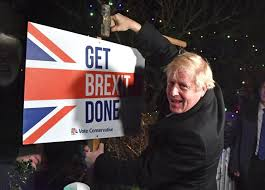
Stumbled across the ‘COMPETITION AND MARKETS AUTHORITY 21ST CENTURY FOX / SKY MERGER INQUIRY’ - Notes of a hearing with @afneil, held18 October 2017.
Imho, it’s a really fascinating read, & gives us a few clues about the likely direction of #GBNews.
assets.publishing.service.gov.uk/media/5a02fa15…
Imho, it’s a really fascinating read, & gives us a few clues about the likely direction of #GBNews.
assets.publishing.service.gov.uk/media/5a02fa15…
Asked what's required by a broadcaster who has commitment to UK broadcast standards:
AN: “To be impartial & truthful & honest & to reflect all manner of opinion that reflects the great public debate that goes on in this country about a multiplicity of issues.”
AN: “To be impartial & truthful & honest & to reflect all manner of opinion that reflects the great public debate that goes on in this country about a multiplicity of issues.”
Q "Could Sky News become more partisan whilst still, essentially, meeting the requirement of due impartiality?"
AF: “That would be up to two things. One would be a commercial judgement: is there an audience and money to be made out of providing that kind of service?"
AF: “That would be up to two things. One would be a commercial judgement: is there an audience and money to be made out of providing that kind of service?"
AF: "It turns out, in America, there was a lot of money to be made out of that. Fox News, in the last year, made $1 billion in profit. So, there was money for moving into that space. Whether there is in Britain is another matter;"
AF "Whether that is the kind of thing that would work in Britain is doubtful; I'd conclude the Murdoch family does not believe so because they have not tried to do so. The other consideration would be the regulations; how robust are your regulations to stop that from happening?"
AF "Are the regulators up to making sure that the general rules of impartiality and honesty that govern the other broadcasters apply to Sky News or any newcomer? This is not easy for regulators. In this country they already tolerate RT. They have tolerated Press TV from Iran."
AF: "They seem to be perfectly comfortable that @Channel4News on many nights is a leftish version of Fox in its general attitudes. So, they have to be careful that what is sauce for the goose is not sauce for the gander and to make sure that, if, as a nation, we have decided..."
AF: "...we want our broadcast news to be broadly impartial, broadly honest and broadly reflecting the various views that exist in this country, then that should not just be true for Sky; it should be true for all the people who broadcast in this country, no matter who owns them."
Q “Do you think there is a different standard between news coverage, ie something that is on a news channel and is set as news coverage, versus commentary or an opinion show?”
AF: “Obviously, commentary is opinion or, at the very least, analysis."
AF: “Obviously, commentary is opinion or, at the very least, analysis."
AF: "I accept that news channels cannot just exist on a diet of news. Broadcasters do have to comment or to carry comments that have opinions. But the question is: what is the balance?"
AF: "Are all opinions or at least all mainstream opinions, & even every now & then opinions outside the mainstream, reflected in that commentary; or is the commentary coming from only one place? If it is coming, broadly, from only one place I think that breaches our general..."
AF: "...approach to broadcasting. But I do not think the broadcasters should be confined to simply a straight recitation of the news as if it was the 1950s. You have to reflect the debate going on in this country. That is the key; it is reflecting the debate."
AF: "It is giving a forum for people to get their views out, not giving a vehicle for some somebody with a monopoly to push a particular line."
Q. In respect to Daily/Sunday Politics, how do you tread that line of impartiality on more a commentary basis or opinion-based show?
Q. In respect to Daily/Sunday Politics, how do you tread that line of impartiality on more a commentary basis or opinion-based show?
AF: "We do not really do commentary. I suppose on This Week we do some commentary, but I think the Daily and the Sunday Politics do not. This Week is a hybrid show anyway. It is an independent production company. It is not done by BBC News. We do have some commentary."
AF: "We balance it with left and right and so on. The Daily and the Sunday Politics do not. There can be times when you might think this show seems to have more people from the left than the right or, at other times, it seems to have more people from the right than the left..."
AF: "...but I think a broadcaster cannot be judged on any individual show. Broadcasters have to be judged on the range of their output. Over a period of time we have an obligation to make sure that what we do is balanced and that is what we try to do."
Q. With respect to that range of output, would you consider that to be across a particular channel or across the complete output? If we take eg the BBC, obviously, there are certain channels that are broadcast; there are digital channels but there is also online content as well.
AF: "I think it is narrower than channels; it has to be across individual shows. I think, if you are a public service broadcaster producing a show for a public service, that show itself can be thought by viewers, "That is a bit opinionated" or at least it is a bit of..."
AF: "commentary from a particular point of view. Within that run of the show it has to be balanced by commentary or a point of view different from the one that I've just talked about. I don't think it is enough for broadcasters to say, "Overall, in our output we are balanced"...
AF: "...because, frankly, I do not know how you measure that. Each show during its run over a period of weeks, when you take it in its totality, has to be broadly balanced. Otherwise, if you try to insist on that on every programme, you end up with a very bland kind of..."
AF: "TV which people will not watch. You do need an edge. You need an attitude & a character for programming to work these days. It's too competitive otherwise. The days when we only had 3 channels & that is all you could watch are long gone. You have to fight for audience now."
Q. That's in the context of a public broadcast. For a commercial broadcast, would you say it is the same?
Now (this is me, #docruss talking) given Mr Neil's repeated hints about #GBNews producing more partisan, 'anti-woke' output, imho, this is the most fascinating response:
Now (this is me, #docruss talking) given Mr Neil's repeated hints about #GBNews producing more partisan, 'anti-woke' output, imho, this is the most fascinating response:

Anyway, there's plenty more about all sorts.
I found it very interesting, I'm not providing any commentary/interpretation - you can draw your own conclusions!
The link to the full transcription is here:
assets.publishing.service.gov.uk/media/5a02fa15…
I found it very interesting, I'm not providing any commentary/interpretation - you can draw your own conclusions!
The link to the full transcription is here:
assets.publishing.service.gov.uk/media/5a02fa15…
• • •
Missing some Tweet in this thread? You can try to
force a refresh

